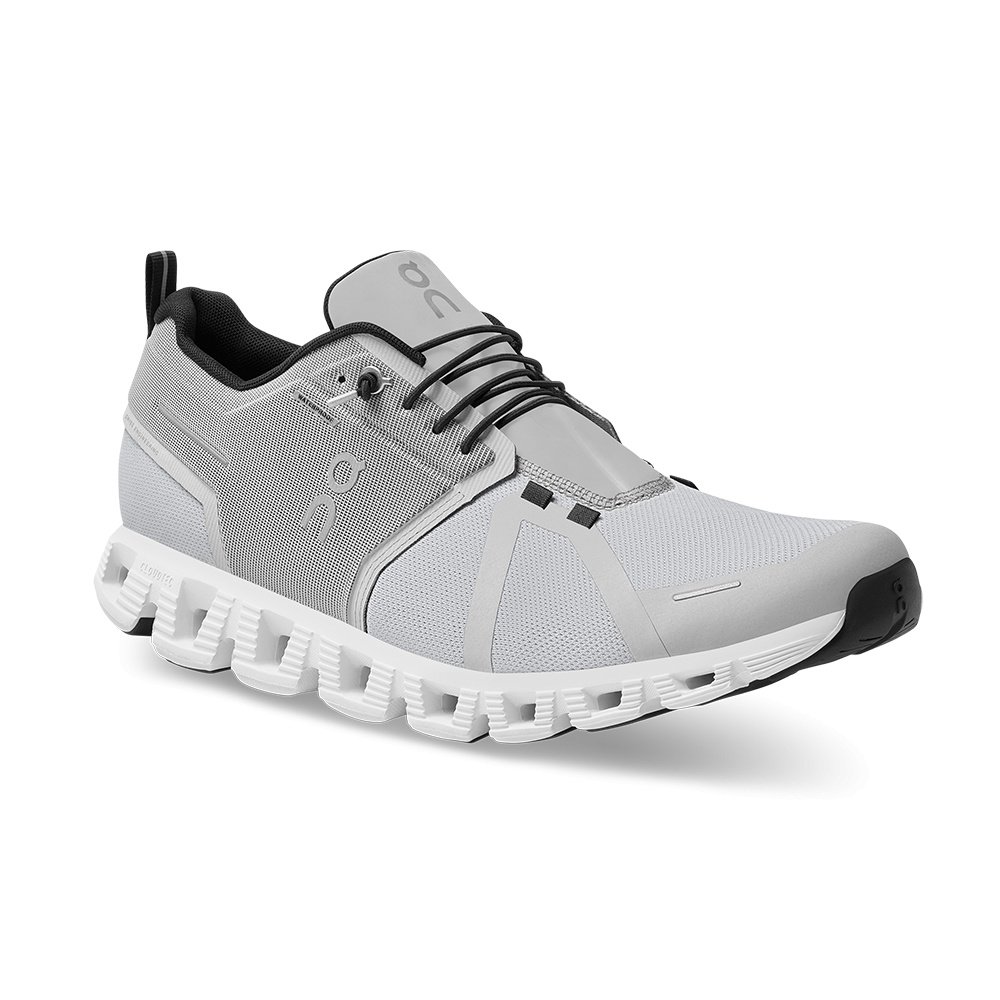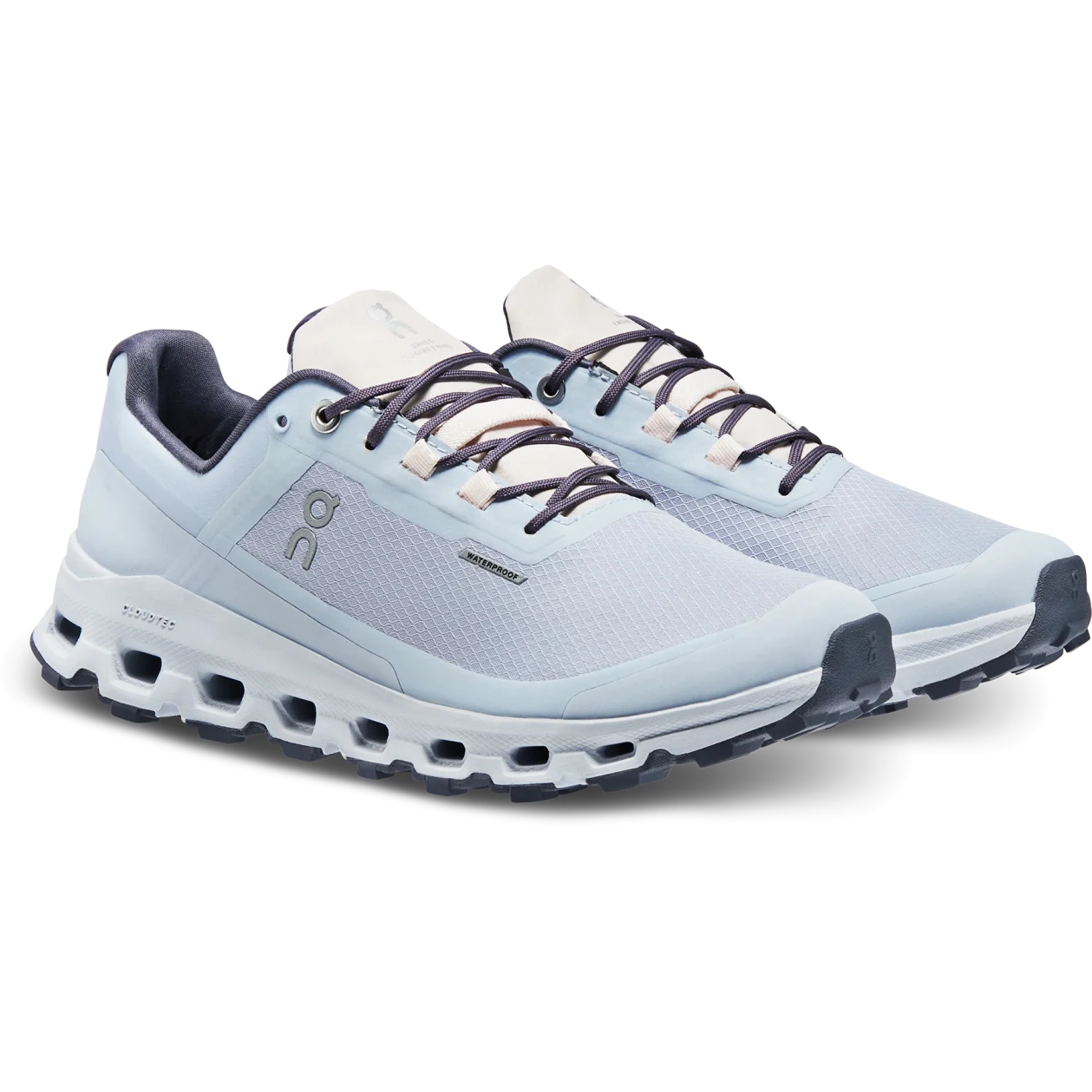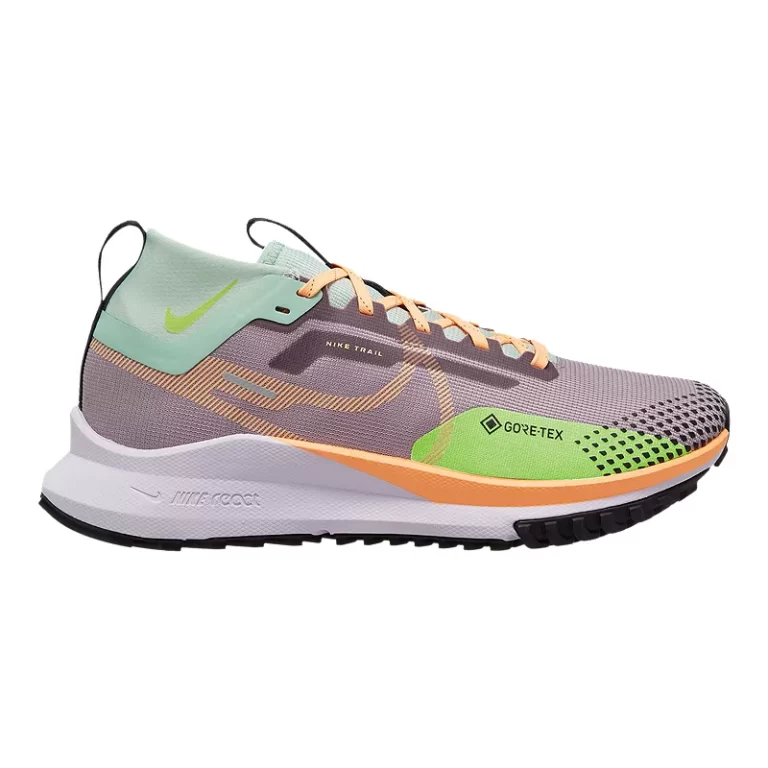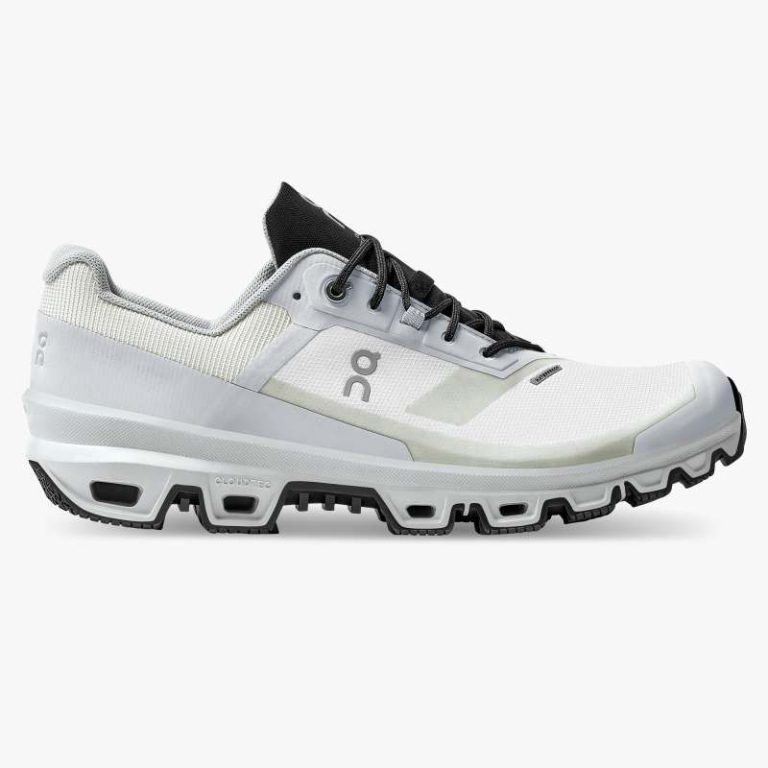
Stay Dry on the Trail: Importance of Waterproof Running Shoes
Importance of Waterproofing in Running Shoes
When the rain pours or the trail gets wet, waterproof running shoes are key. They keep feet dry. This is crucial for comfort and health. Wet feet become cold quickly. This can cause discomfort and blisters. Waterproofing also helps prevent foot infections that come from damp environments. More than just comfort, it’s about staying healthy on runs.
Staying dry means maintaining a better grip inside the shoe. Your feet won’t slip around. This improves your stability and control. Good footing is essential for safe running, especially in bad weather.
Lastly, waterproof running shoes protect the longevity of the shoe. They prevent water damage to the materials. This means your shoes will last longer, even in harsh conditions. You save money and avoid shopping for replacements too often. Investing in waterproofing means investing in the lifespan of your footwear.
Top Features to Look for in Waterproof Running Shoes
When shopping for waterproof running shoes, consider key features. These affect performance and comfort.
Material and Breathability
Find shoes with a waterproof membrane. Materials like GORE-TEX offer breathability and water resistance. This keeps feet dry from inside and out. Breathability is vital. It prevents sweat build-up.
Traction and Grip
Look for soles with deep treads. This gives better grip on wet surfaces. Good traction prevents slips and falls.
Durability
Quality materials matter. They withstand wet and rough trails. Shoes that last save you money over time.
Fit and Comfort
Choose shoes that fit well. They should feel comfortable right away. A snug fit keeps water out better.
Weight
Lightweight shoes help you avoid fatigue. But make sure they don’t sacrifice protection and durability.
Style
Pick a style you like. If you feel good, you’re more likely to wear them.
Support
Support is crucial. Arch and ankle support help prevent injuries.
Remember these features when you look for waterproof running shoes. They make a big difference in your running experience.

How to Choose the Right Waterproof Running Shoes for Your Needs
Choosing the right waterproof running shoes involves several considerations. Each runner has unique needs based on their activity type and environment. Here’s how to select the best pair for you:
Assess Your Running Environment
Think about where you’ll run. Will it be on smooth pavements, rugged trails, or mixed terrain? Choose shoes designed for your running surface. This ensures safety and performance.
Consider Your Foot Type
Your foot shape affects your shoe fit. Look for shoes that offer support for your arch type. This can prevent injuries and increase comfort.
Determine the Level of Waterproofing You Need
Not all waterproof shoes have the same protection level. Decide how much you’ll face water on your runs. Then pick shoes that match that need.
Think About Shoe Longevity
Consider how often you’ll use the shoes. Frequent runners need more durable shoes. They withstand more wear and tear over time.
Reflect on Your Running Frequency
Are you a daily runner or a weekend jogger? Pick shoes that cater to your running schedule. They should handle the intensity and frequency of your runs.
Check for Comfort and Fit in the Store
Always try on shoes before buying them. This confirms they fit well and feel good. Walk or run a few steps in the store to test them out.
Look for a Good Return Policy
Sometimes shoes feel different after a longer run. Choose a store that offers returns. This ensures you’re not stuck with shoes that don’t work out.
Following these steps will help you find the best waterproof running shoes for your needs. Remember to prioritize functionality, comfort, and support alongside waterproof capabilities.
Best Waterproof Running Shoes Brands on the Market
When seeking the best waterproof running shoes, the brand matters. A trusted brand can offer quality, durability, and effective waterproofing technology. Here are some top brands to consider:
Nike
Nike offers cutting-edge waterproof running shoes. They use breathable materials like Gore-Tex. Their footwear provides good traction and durability.
Adidas
Adidas is known for its comfortable and stylish options. Their waterproof running shoes blend function with fashion.
Salomon
For trail runners, Salomon is ideal. Their shoes have excellent grip and high-level water protection. Salomon is a go-to for rugged terrain.
Merrell
Merrell excels in outdoor footwear. Their waterproof running shoes ensure stability and comfort on any trail.
The North Face
The North Face produces reliable gear for all weather. Their running shoes have strong waterproof capabilities and provide great support.
ASICS
ASICS focuses on foot health. Their waterproof running shoes offer superb support and a snug fit.
Brooks
Brooks running shoes emphasize comfort and longevity. Their waterproof shoes are perfect for long, damp runs.
Remember to verify each brand for specifics about waterproof technology, weight, and support systems. By choosing a reputable brand, you guarantee a better return on your investment. Comfort, safety, and durability are key when picking out new waterproof running shoes.

Maintenance Tips for Waterproof Running Shoes
Keeping your waterproof running shoes in top condition requires proper care. Here are some essential maintenance tips:
- Clean Regularly: After every run, especially through mud or dirt, clean your shoes. Use a soft brush to remove debris.
- Dry Properly: If they get wet inside, dry them at room temperature. Avoid direct heat, like radiators, as this can damage the materials.
- Use a Protective Spray: Once in a while, apply a waterproofing spray. This boosts their water resistance over time.
- Store Correctly: Keep your shoes in a cool, dry place. Do not leave them in damp or humid areas.
- Rotate Pairs: If possible, use more than one pair of running shoes. This lets each pair dry out completely and reduces wear.
- Check for Damage: Inspect your shoes often. Look for any signs of wear or damage. Early detection means easier repair.
By following these tips, you’ll extend the life of your waterproof running shoes. Regular maintenance ensures they continue to protect your feet and provide the support you need for your runs.
The Pros and Cons of Wearing Waterproof Running Shoes
Wearing waterproof running shoes comes with benefits and drawbacks. Understanding these can help runners make informed choices.
Pros of Waterproof Running Shoes
- Dry Feet: They keep feet dry in wet conditions, which is critical for comfort and long runs.
- Prevents Blisters: Dry feet reduce the chance of blisters and other foot problems.
- Durability: These shoes are designed to handle wet conditions, making them last longer.
- Health Protection: They help prevent foot infections from damp environments.
- Stability: A dry interior grip improves balance and reduces slipping inside the shoe.
Cons of Waterproof Running Shoes
- Less Breathability: While they prevent moisture from getting in, they can trap sweat inside.
- Heavier: Waterproof materials can add weight, potentially causing fatigue.
- Warmth: They can be too warm, leading to discomfort during hotter seasons.
- Cost: Usually, they are more expensive than non-waterproof variants.
- Not Always Necessary: In dry conditions, the waterproof feature might not be worth the extra cost.
Choosing waterproof running shoes demands a balance between these pros and cons. It depends on personal running habits and environmental conditions. Ensure you weigh both sides before making a decision.

When to Wear Waterproof Running Shoes and When Not To
Deciding whether to wear waterproof running shoes depends on several factors. Knowing when to lace them up can enhance your running experience. Here’s a guide to help you make the right decision:
- Wet Conditions: If rain is in the forecast or you’re hitting damp trails, go waterproof. Your feet will stay dry and comfortable.
- Varied Terrain: Expecting puddles, streams, or mud? Waterproof shoes are a must. They’ll keep moisture out no matter what’s underfoot.
- Cold Weather: Waterproof shoes can offer extra insulation in cold conditions. They help keep feet warmer on chilly runs.
However, there are times when waterproof running shoes might not be the best choice:
- Dry Conditions: On clear, sunny days, waterproofing might be overkill. Standard running shoes are lighter and more breathable.
- High Temperatures: In heat, non-waterproof sneakers allow better air flow. This keeps feet cooler and reduces sweat.
- Indoor Running: When running indoors, such as on a treadmill, waterproof features are unnecessary. Opt for comfort and breathability.
Consider your environment and weather conditions before choosing your footwear. This ensures you have the right protection without compromising comfort.
Exploring Advances in Waterproof Running Shoe Technology
In the quest for the perfect run, technology keeps advancing. Waterproof running shoe have benefited greatly. Here’s a look at some cutting-edge tech:
- New Waterproof Materials: Innovations go beyond Gore-Tex. New fabrics are lighter and provide better breathability while keeping water out.
- Improved Sole Engineering: Soles now have advanced designs. They offer more grip and last longer, even on the wettest trails.
- Enhanced Support Systems: Better waterproof shoes now have support that adapts to your foot’s movement. This adds comfort and reduces injury risk.
- Eco-Friendly Options: Some brands use recycled materials to make waterproof shoes. This helps the planet while keeping your feet dry.
- Smart Waterproof Technologies: Some new shoes feature membranes that adjust to temperature changes. They become more breathable when it’s warm and more water-resistant in wet conditions.
These advances make waterproof running shoe more effective and comfortable. They cater to different environments and runner needs. When you shop next time, look for these tech improvements. They can elevate your running experience.

